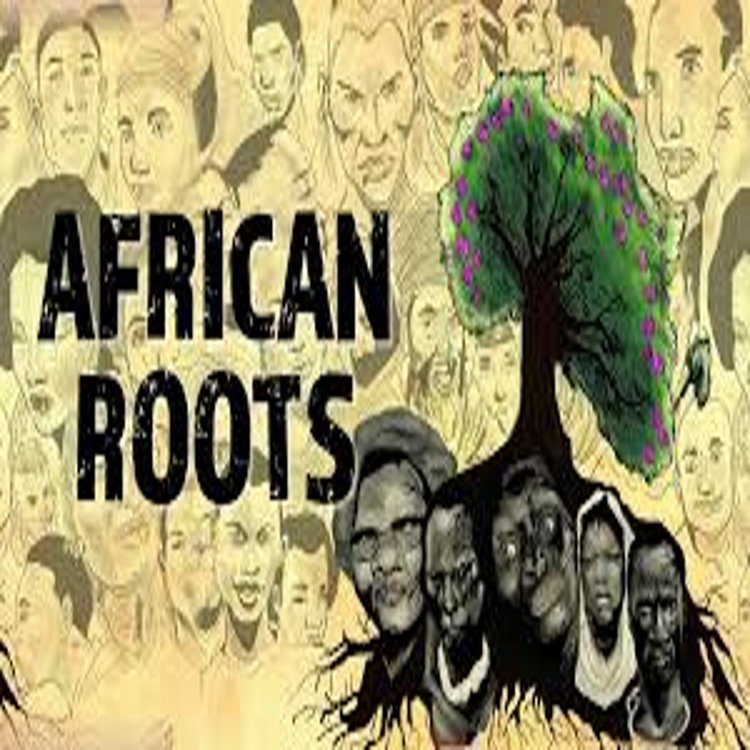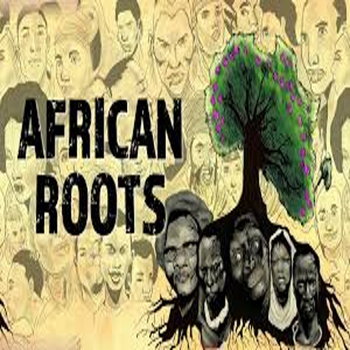
Cheikh Anta Diop: Visionary scholar
Loading player...
Anthropologist, historian, specialist in nuclear physics and passionate about linguistics, the Senegalese scholar Cheikh Anta Diop laid the foundation for finally writing the history of Africa without racist prejudices.
When did Cheikh Anta Diop live? Cheikh Anta Diop was born in 1923 in the village of Thieytou, about a hundred kilometers east of Dakar, in Senegal, in a Wolof family of aristocratic origin. He was granted a scholarship to study in France in 1946 and he first chose physics and chemistry before turning to philosophy and history, with a thesis addressing "precolonial Black Africa" and the "cultural unity of Black Africa”. Cheikh Anta Diop was a nationalist and an advocate for African federalism. He returned to Senegal following independence in 1960 and dedicated himself to teaching, research and politics until his death in 1986.
What was Cheikh Anta Diop renowned for? Cheikh Anta Diop was a prolific writer: he is the author of many scientific works and books about the history of the Africa, but also about its future. Basing his theory on the kinship between African languages like Wolof — his mother tongue — and ancient Egyptian, Cheikh Anta Diop revealed the cultural influence of earlier African peoples on the Egyptian civilization and he demonstrated that "ancient Egypt was Negro-African." Cheikh Anta Diop had degrees in chemistry and in nuclear physics. In 1966 he created the first African laboratory for radiocarbon dating with the university now named after him. During his student years he was an advocate for the independence of African countries. Later on he became a major figure of the federalist African movement and presented his
ideas in his book Black Africa: The Economic and Cultural Foundations of a Federated State.
When did Cheikh Anta Diop live? Cheikh Anta Diop was born in 1923 in the village of Thieytou, about a hundred kilometers east of Dakar, in Senegal, in a Wolof family of aristocratic origin. He was granted a scholarship to study in France in 1946 and he first chose physics and chemistry before turning to philosophy and history, with a thesis addressing "precolonial Black Africa" and the "cultural unity of Black Africa”. Cheikh Anta Diop was a nationalist and an advocate for African federalism. He returned to Senegal following independence in 1960 and dedicated himself to teaching, research and politics until his death in 1986.
What was Cheikh Anta Diop renowned for? Cheikh Anta Diop was a prolific writer: he is the author of many scientific works and books about the history of the Africa, but also about its future. Basing his theory on the kinship between African languages like Wolof — his mother tongue — and ancient Egyptian, Cheikh Anta Diop revealed the cultural influence of earlier African peoples on the Egyptian civilization and he demonstrated that "ancient Egypt was Negro-African." Cheikh Anta Diop had degrees in chemistry and in nuclear physics. In 1966 he created the first African laboratory for radiocarbon dating with the university now named after him. During his student years he was an advocate for the independence of African countries. Later on he became a major figure of the federalist African movement and presented his
ideas in his book Black Africa: The Economic and Cultural Foundations of a Federated State.

